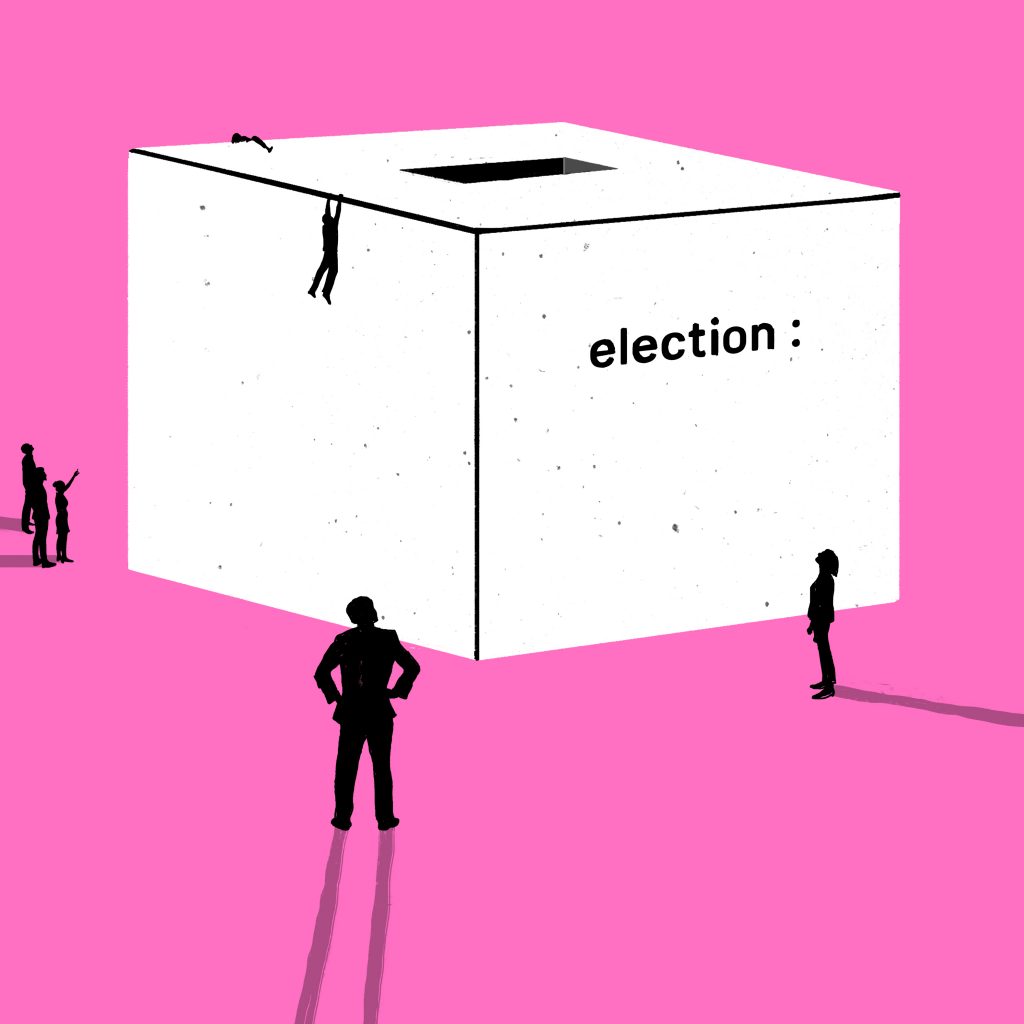
by Lauren K. Wolfe & Zach Rivers
January 20, 2021, a new president—an old politician—is peaceably inaugurated in Washington, D.C., against a backdrop of proliferating fears, lurid fantasies, familiar rhetorical flourishes, fatiguing analyses, blurry concepts, and weird events. Partisans and observers leverage the language of exceptionalism (‘this is unprecedented’) and inevitability (‘this is a logical culmination of…’) in an attempt to get a grip on what is, what has been going on. What to call the actions of a collection of citizens who broke and entered upon what is ostensibly their own property, with the aim of interrupting the affirmation of what is also ostensibly their own will? ‘This is unprecedented’—but then again, no: these griefs, this disunity is nothing new. These are the energies summoned and solicited by the democratic organization of a polity, a polity that has never been united, and they are not unusual. The ordinariness of sometimes, often, incandescent divisions is one thing that we had hoped to elaborate in the context of this election : series. To move beyond the defensive posture of jaded wonder coupled with a smug ‘I told you so’ at the state of things. That, and to gather together as broad a picture as we could of the overdetermined fulcra that democratic elections are: the fierce, anguished, conflictual, historically determined energies that are brought to bear on a week, a day, a decision, a draft legal document, a legislative body, and that are meant to result in a series of actions and policies that answer, mollify, or reward these energies.
And also: to highlight the ways that democratic structures are imbued with, inseparable from, antidemocratic forces. How the fetishization of freedom, pluralism, and choice act as naïve weighted blankets that often obscures the grounds upon which their potentialities are programmed and limited. The pieces collected in the election : series illustrate that the energies and expenditures summoned, solicited, and created by democratic organization are never neutral. More often than not selective, brutal, and exclusionary.
Against the gloating sloganeering of some on the left—“Process over POTUS”—it seems important to recall that processes are no more than modes of harnessing, channeling, directing energies into statements, mandates, administrative actions; they are in this sense very much media of translation. At the point of input: affects—acutely discharged, deeply felt; at the point of output: cooled, modulated, streamlined action items. To belabor the metaphor just a bit further: what gets “lost” in this translation are the individual and collective struggles, suffused with pain and hope, that seek to make life more livable. Often these struggles are rooted in grief, which becomes grievance when externalized, communalized, politicized, a resentment founded in racialized bigotry, an object around which to gather. Again: such bigotry is nothing new, and indissoluble from democratic processes.
We originally conceived this series as a program of sheer description: the who, what, when, where, how of elections, concerned to contextualize and modulate the United States’ own self-conception and -description with examples from other times and places. What quickly became clear was that, in each instance, to describe an election required longer views backward and forward from the event, deeper reaches into the sediments of past events and grievances. Each of the episodes in this series thus represents an attentive, careful, and deeply rooted, deeply felt perspective on the energies that speak through the election form. Thank you to all of our contributors and readers.

